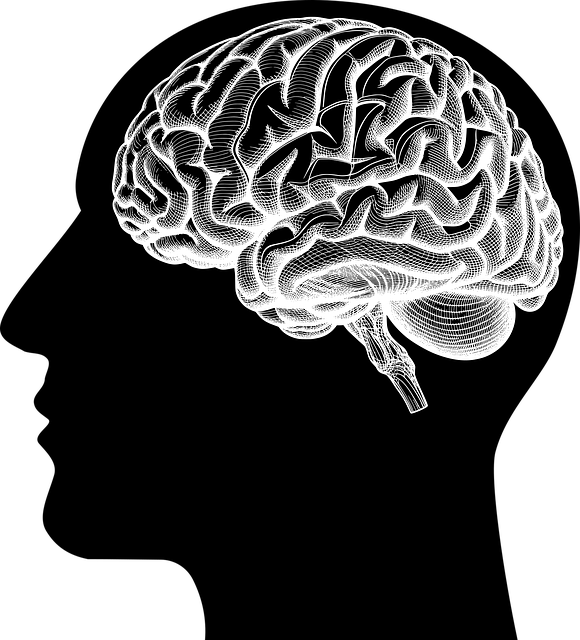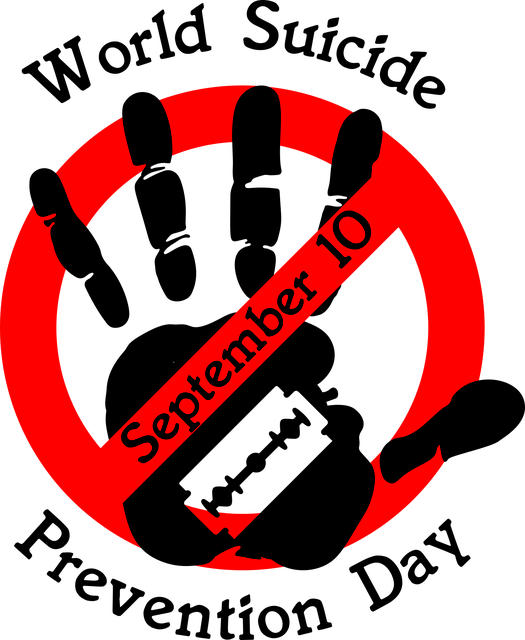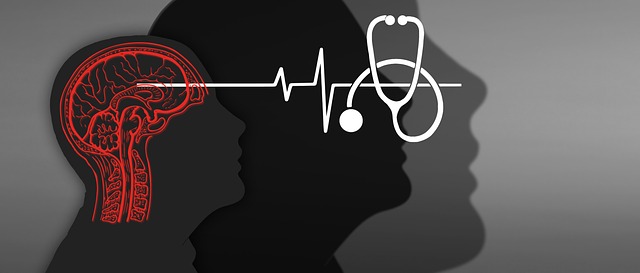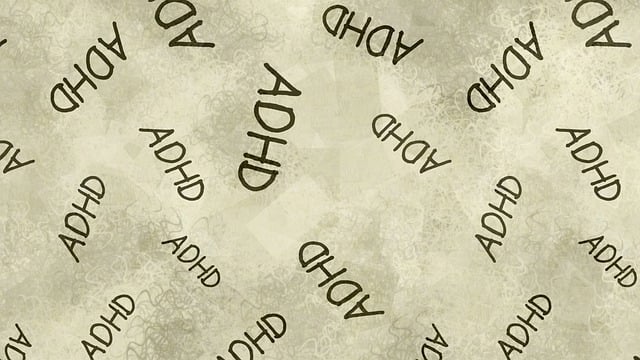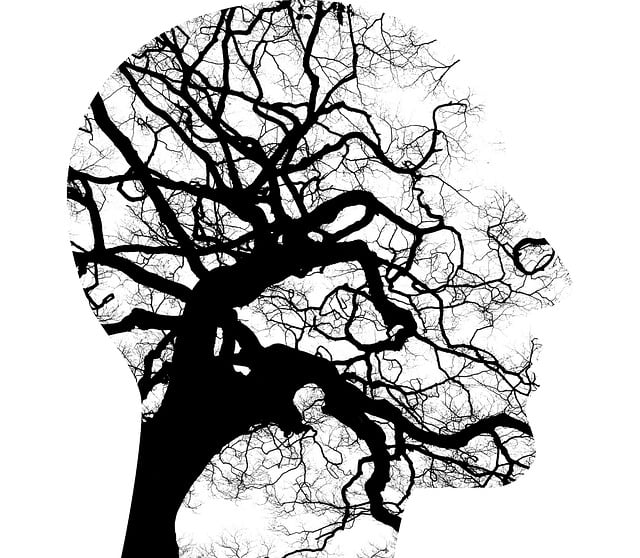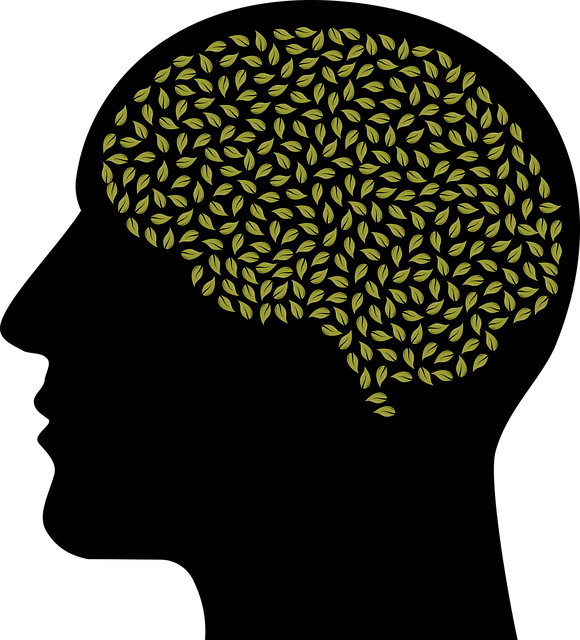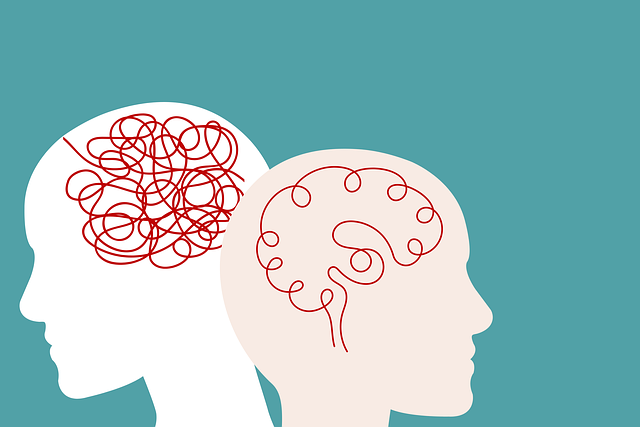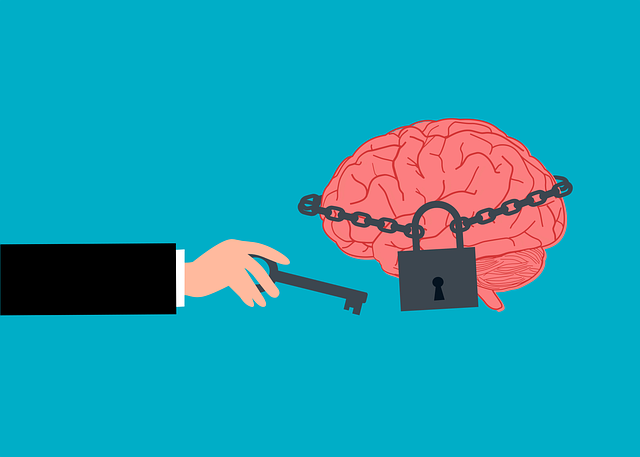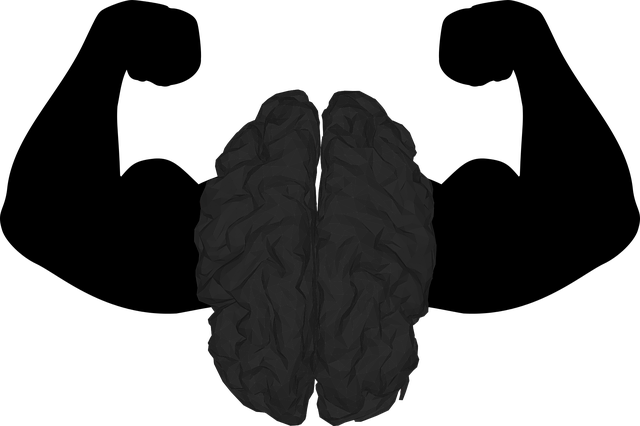Stress, a prevalent modern concern, evolves from a simple feeling into a complex physiological reaction. Prolonged stress can lead to mental health issues and severe conditions like Golden Functional Neurological Disorder (GFND). Effective management requires recognizing indicators and understanding mechanisms. Workshops focusing on these aspects, incorporating GFND Therapy techniques, empower individuals to navigate stress, foster resilience, and improve well-being. These workshops, with interactive elements like role-playing and group discussions, enhance learning and enable participants to manage neurochemical dynamics, prevent depression, and develop sustainable coping mechanisms. Continuous improvement through participant feedback ensures the program's effectiveness in catering to diverse needs, including those related to GFND Therapy.
Stress management workshops are powerful tools for promoting mental well-being. This article explores a comprehensive approach to organizing such sessions, focusing on key aspects like understanding stress and its impact on mental health, the benefits of Golden Functional Neurological Disorder Therapy, designing engaging workshops, facilitating interactive learning, and measuring success. By implementing these strategies, organizations can empower individuals to effectively manage stress and improve their overall quality of life.
- Understanding Stress and its Impact on Mental Health
- The Role of Functional Neurological Disorder Therapy
- Designing an Effective Stress Management Workshop
- Facilitating Interactive Sessions for Deeper Engagement
- Measuring Success and Continuous Improvement Strategies
Understanding Stress and its Impact on Mental Health

Stress is a ubiquitous aspect of modern life, but its impact on mental health cannot be overlooked. It’s more than just a fleeting feeling; it’s a complex physiological response that, when prolonged, can lead to significant mental and physical health issues. Chronic stress can manifest as anxiety, depression, insomnia, and even contribute to more serious conditions like Golden Functional Neurological Disorder (GFND). Recognizing the signs and understanding the mechanisms of stress is crucial for effective management. Workshops focused on this aspect often provide valuable tools for individuals to navigate stressful situations, fostering resilience and overall well-being.
In the context of mental health advocacy, crisis intervention guidance plays a vital role. Healthcare providers trained in cultural competency are better equipped to assist diverse populations, ensuring inclusive care. Mental Health Policy Analysis and Advocacy is essential in shaping legislation that supports access to stress management resources, particularly for underserved communities. By integrating these practices, organizations can create comprehensive programs that not only teach stress mitigation techniques but also promote mental health awareness and equity.
The Role of Functional Neurological Disorder Therapy

Stress management workshops play a pivotal role in equipping individuals with effective coping strategies. Among various therapeutic approaches, Golden Functional Neurological Disorder (FND) Therapy emerges as a powerful tool to address underlying causes of stress and promote mental well-being. This holistic method focuses on nurturing inner strength development by understanding the intricate connection between brain function and emotional responses.
By integrating FND Therapy into workshops, participants gain valuable insights into mood management techniques. Through targeted exercises and mindfulness practices, they learn to regulate their nervous systems, thereby enhancing mental health awareness and overall resilience. Such interventions are particularly beneficial for those struggling with chronic stress, offering a transformative journey towards a calmer and more balanced state of being.
Designing an Effective Stress Management Workshop

Designing an Effective Stress Management Workshop requires a multifaceted approach that caters to both the mind and body. The first step is to understand the diverse needs of participants, especially those with conditions like Functional Neurological Disorder (FND). Incorporating Golden Functional Neurological Disorder Therapy techniques can offer tailored strategies for managing stress, offering a unique and valuable perspective within the workshop setting.
Engaging activities such as Communication Strategies, Trauma Support Services, and Mental Wellness Journaling Exercises are pivotal. These exercises should encourage participants to explore their emotions, develop coping mechanisms, and foster self-awareness. By combining theoretical knowledge with practical guidance, workshops can empower individuals to navigate stressful situations effectively, ultimately enhancing overall mental wellness.
Facilitating Interactive Sessions for Deeper Engagement

In stress management workshops, facilitating interactive sessions is key to achieving deeper engagement and fostering meaningful learning experiences. These sessions go beyond traditional lectures by encouraging participants to actively participate, share their experiences, and engage in collaborative problem-solving. Techniques like role-playing, group discussions, and mindfulness exercises not only break the monotony of typical seminars but also provide a safe space for individuals to explore their emotional regulation skills and inner strength development. By incorporating interactive elements, facilitators can tailor their approach to diverse learning styles, ensuring everyone feels involved and supported in their journey towards stress resilience.
For instance, Golden Functional Neurological Disorder (GFND) Therapy offers valuable insights into how the brain processes stress and triggers emotional responses. Through interactive workshops, participants can learn practical strategies to manage these neurochemical dynamics, thereby preventing depression and enhancing overall well-being. By combining theoretical knowledge with hands-on activities, these sessions empower individuals to take charge of their mental health and cultivate sustainable coping mechanisms.
Measuring Success and Continuous Improvement Strategies

Measuring success is a vital aspect of any workshop series, and stress management programs are no exception. By implementing robust evaluation methods, organizers can assess the impact and effectiveness of the sessions. This involves collecting feedback from participants through anonymous surveys, which provides valuable insights into their experiences and perceived improvements in managing stress levels. Additionally, qualitative data through focus groups or one-on-one interviews can offer deeper understanding of the workshop’s influence on participants’ mental health and daily lives.
Continuous improvement is a key strategy to ensure the long-term success of these workshops. Utilizing the insights gathered from participant feedback, organizers can refine their programs to better cater to specific needs. For instance, if emotional intelligence is identified as an area of interest, incorporating sessions focused on developing emotional awareness and regulation skills could be a valuable addition. Similarly, risk management planning for mental health professionals attending the workshop may become a prioritized module to enhance their resilience in challenging scenarios, fostering a supportive environment where mind over matter principles can thrive.
Stress management workshops, designed with a focus on functional neurological disorder therapy techniques, offer a powerful tool for improving mental health. By combining education about stress impacts with interactive engagement strategies, these workshops can lead to significant improvements in well-being. Leveraging Golden Functional Neurological Disorder Therapy methods, facilitators enable participants to gain deeper insights and develop practical tools for navigating stress effectively. Continuous improvement through measured success ensures that these programs remain relevant and impactful, fostering healthier, more resilient communities.
